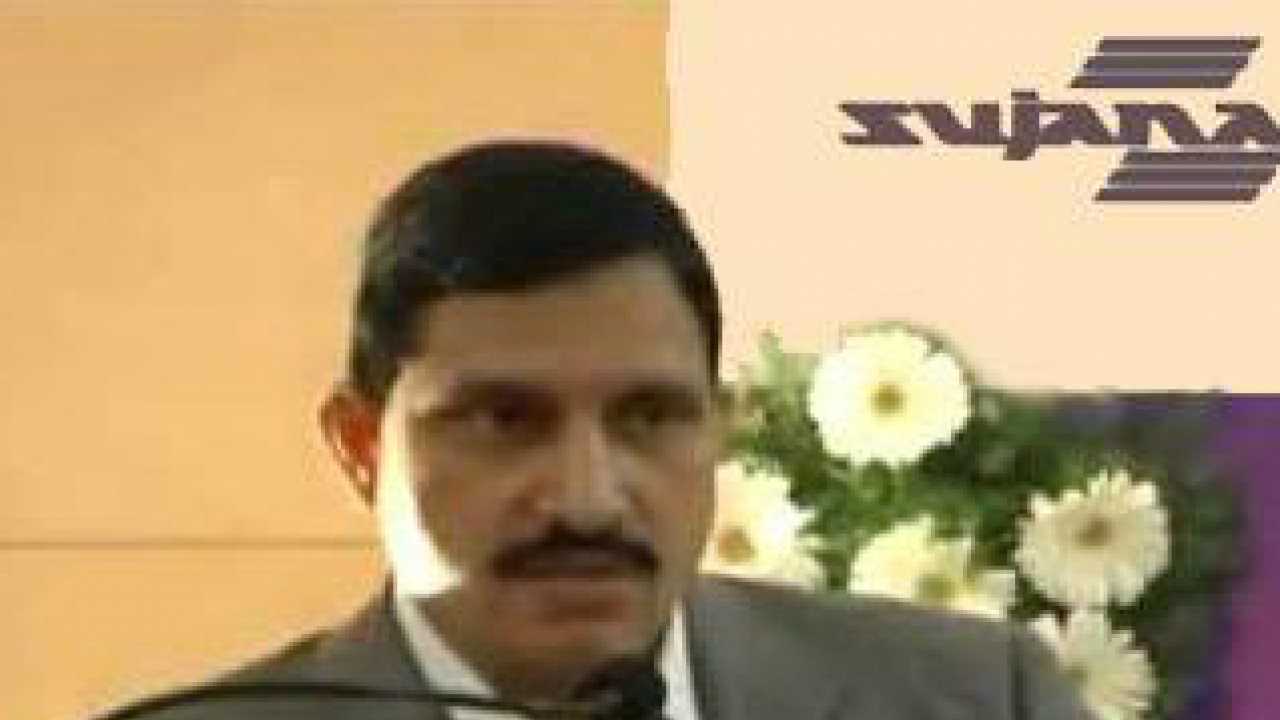
A few years ago, I was in Chennai in the cabin of the chairman of a public sector bank. We hadn't even exchanged pleasantries when a call was put through and the Chairman and Managing Director (CMD) spoke in Telugu, not knowing that I understood the language. The person at the other end apparently, was a union minister. The discussion was about helping a company tide over a loan repayment crisis and the stock answer of the CMD was "Ayipotundi, Sir" (It will be done, Sir).
Political interference in PSU appointments is well-known, more so in banks. Crony capitalism is at its rampant best in our banks. People's hard earned money is used to cull out favours and dole out loans that has 'default' written all through their balance sheets. In my previous avatar, I would get at least 10 calls a year when promotion season began in banks because they thought I was influential enough!
So, when YS Chowdary was inducted as a minister in Prime Minister Narendra Modi's cabinet, I was surprised. He is the same person whose companies sought a bailout (Corporate Debt Restructuring) package and a declared defaulter, according to various announcements made by bank employees unions. Here's the All India bank employees association (AIBEA) list of top defaulters.
When I analysed his balance sheets, this is what I found:
Sujana Metals: This is a company whose debtors jumped from Rs 583 crore to Rs 1390 crore in the past 5 years. They were financed by banks whose secured loans jumped from Rs 765 crores to Rs 1572 crores in the same period. The sales have been falling. The aggregate profit over last 5 years is Rs 26 crores on a turnover of Rs 16467 crores. And the market capitalisation is just Rs 75 crores! But this company has already been sanctioned a CDR bailout package in March 2013, saving it from the defaulter tag.
Sujana Towers: This company's turnover is Rs 1803 crores and the debts are at Rs 1999 crores! The receivables were just about Rs 158 crores (against secured loans of Rs 269 crores) 5 years back. As the debts went up, our banks stepped in and the loans increased to Rs 1414 crores! The market capitalisation is just Rs 87 crores. But this company, too, has been sanctioned a CDR bailout package by the banks to avoid the defaulter tag. Here's the Sujana Towers CDR approval.
Sujana Universal: This company's net profits have never been more than 1% of the turnover. It seems to be largely a trading entity with net margins being wafer-thin and debts imposing unusual risks. The secured loans have jumped from Rs 195 crores to Rs 425 crores while the debtors have almost tripled to Rs 1609 crores. The AIBEA lists the company as a 'defaulter' to Central Bank and Bank Of India to the tune of Rs 330 crores. The market capitalisation is just Rs 40 crores!
As a lay person, I can clearly observe the following:
1. The sales are only resulting in a rise in receivables. Most debtors are due for more than six months and remain unpaid, indicating a stressed debt.
2. Such stressed debtors have been used as security to get more bank loans sanctioned.
3. The working capital loans and unpaid interest have been converted into long term loans to avoid a defaulter tag.
4. The banks have refinanced the companies to repay their own loans so as to keep the account outside the purview of being declared a non-performing asset (NPA) to save their own balance sheet.
Window dressing by banks is a widespread malaise. Banks are refinancing loans and refuse to acknowledge an NPA, so that their own Profit and Loss (P&L) account and capital adequacy ratios are maintained. The banks are under greater compulsions not to attach a 'defaulter' tag to companies they financed.
The total secured loans to just these three listed entities total more than Rs 4,000 crores against debtors of Rs 5,000 crores, with profit margins of less than 1%. Would you risk your capital to earn 1%? And the market capitalisation is just about Rs 200 crores! The stock market seems to have already discounted the trust and reliability of the companies and their managements. In fact, the only bank that has filed a winding up notice is Mauritius Commercial Bank for a default of Rs 92 crores by a wholly owned subsidiary 'Hiesta Holdings'. A London court has already imposed costs in the matter. Not a single Indian bank moved. That says a lot, isn't it?
So what made Prime Minister Narendra Modi choose YS Chowdary to be a minister? The man was at the helm of an unprofitable operation with low margins, defaulted on bank loans and his debtors don't pay him. That is no business acumen.
Isn’t this crony capitalism? And what is our systemic remedy? Sujana is not the first case and nor would it be the last one. Kingfisher, Lanco, Progressive Constructions are just a few names of many bank loan defaulters by our politician industrialists.
India has made convicts ineligible to stand in elections. Can we also make any bank defaulter or even any applicant for a CDR ineligible? Financial prudence and punishing loan defaulters is of utmost importance in our economic aspirations. It is a bigger crime if you are a law maker. Make bank defaulters and CDR applicants ineligible to be law makers, be in power and influence proceedings. Isn't the possibility of influencing the proceedings a reason for denial of bail? Doesn't it apply here? Or will we swallow this one too, as always?
The author is the Founder & Chairman of Careers 360